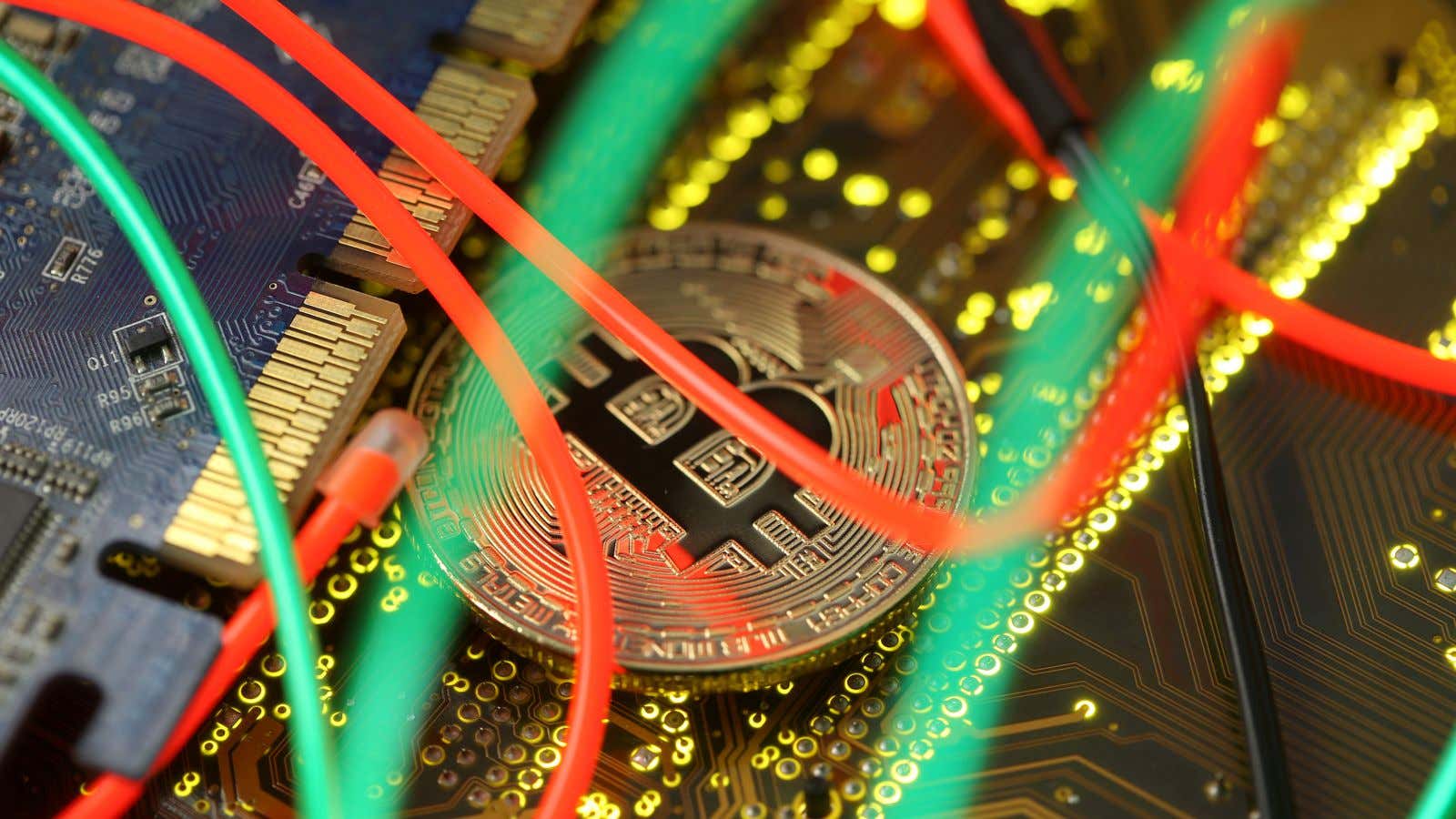In the Indian ethos of jugaad, wherever there is a rule, there is always a way around.
So it is for virtual currency traders and exchanges struggling with the April 05 Reserve Bank of India (RBI) regulations that forbid them from maintaining bank accounts. When all banking doors shut, the ones at Gangtok-based State Bank of Sikkim (SBS) open. For this lender doesn’t fall under the RBI’s purview.
The central bank admitted as much in a reply to a right to information application filed by a New Delhi-based lawyer in April. It accepted that the banking regulation Act, which governs all other lenders, is not applicable to SBS.
Question: As per the information collected by the applicant, apparently it seems that SBS is not regulated by RBI. In this case, please confirm whether this notification is applicable to SBS or not?
Answer: RBI has no specific information to furnish. However, it may be noted that SBS was constituted in terms of the State Bank of Sikkim Proclamation,1968. SBS is not licensed under Section 22(1) of the Banking Regulation Act, 1949 by Reserve Bank of India. Banking Regulation Act, 1949 is not yet applicable to SBS.
The lone bank
Sikkim, India’s second-smallest state, had refused to join the republic when the subcontinent gained independence from the British in 1947. The hill state had been ruled by the Chogyal dynasty since 1642. However, the state’s monarchy was dependent on India in many ways. So, it came to enjoy a special status under a 1950 treaty with India, according to which the monarchy had autonomy over much of its internal matters, except frontier security.
However, following political upheaval, the then prime minister of Sikkim asked the bigger neighbour to step in, acceding to the Indian union in May 1975. A subsequent referendum to abolish the monarchy validated this accession.
However, to this day, the SBS, set up by the Royal Proclamation Order of the Chogyals in 1968, remains independent under the government of Sikkim. It still enjoys autonomy under Article 371-F of the Indian constitution. This September, the SBS, which has a network of 42 branches, all within Sikkim, will complete half-a-century of operations.
“People in the cryptocurrency community are actively talking about it and are considering opening an account with SBS,” said Nischal Shetty, founder and CEO of WazirX, an Indian cryptocurrency exchange.
But challenges remain for those cryptocurrency players looking to dodge the RBI’s rule. To take advantage of SBS’s autonomous status, both the bourses as well as the traders will need to have an account with the bank. “This becomes a problem…And then you need to have local residence proofs, etc. to open an account,” explained Sathvik Vishwanath, co-founder of Unocoin, another virtual currency exchange in the country.




